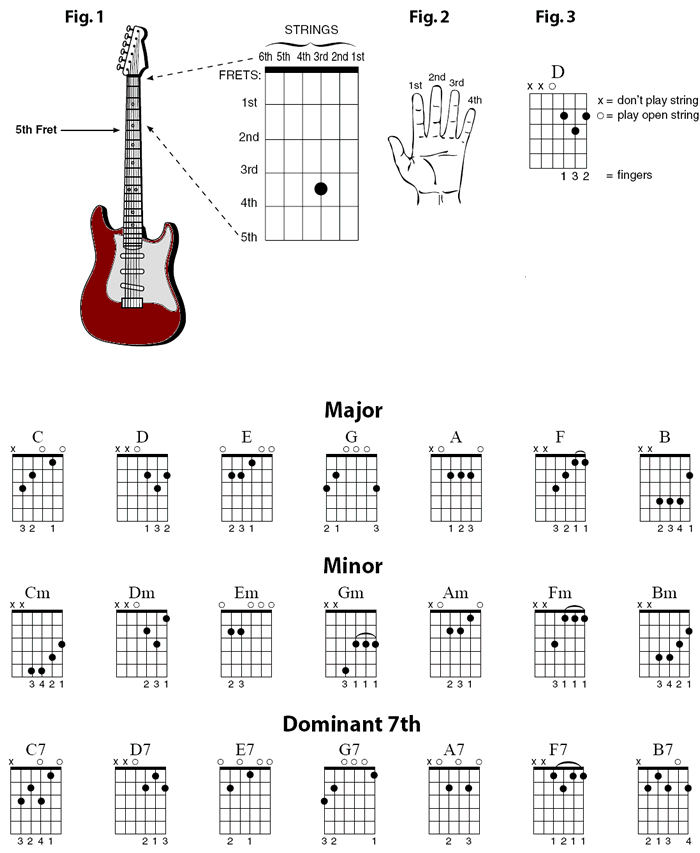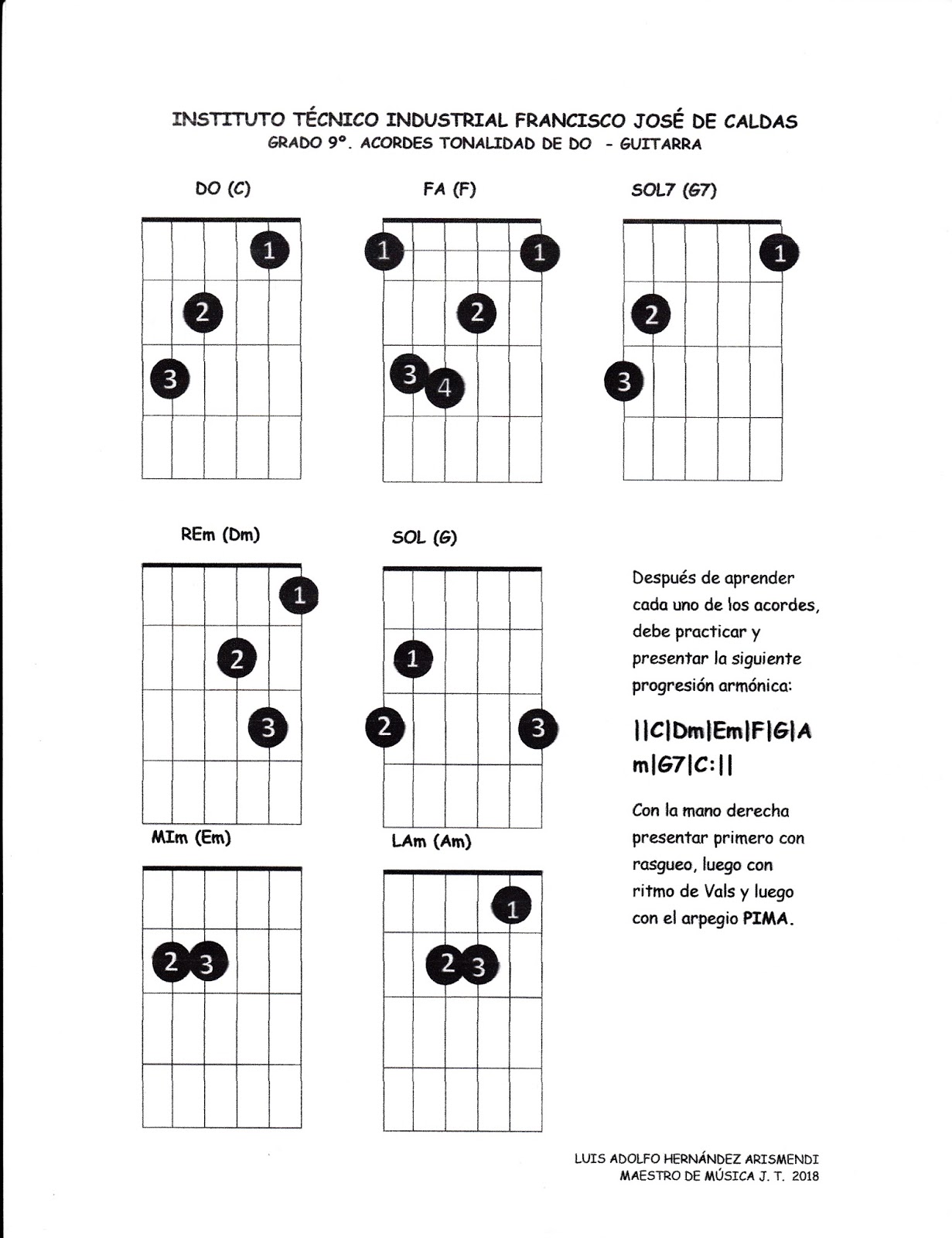In the heart of any musical journey lies the pursuit of expression, of translating emotion and artistry into sound. For guitarists, this journey often intertwines with the captivating world of tablature, a unique system of notation that acts as a roadmap to unlocking the instrument's melodic potential. Unlike traditional sheet music, which conveys the intricacies of musical theory, tablature, often referred to as "tab," provides a more direct and visual representation of where and when to place your fingers on the fretboard.
Imagine this: you're captivated by a complex guitar riff, a cascade of notes that seems both intricate and alluring. Traditional sheet music might present a maze of symbols, leaving you deciphering notes and rhythms before even touching your instrument. Tablature, however, cuts through the complexity, providing a clear and concise diagram of where to place your fingers on the strings. Each line represents a string, and numbers indicate the fret to be played. It's like having a secret code, a language that speaks directly to your fingers, guiding them across the fretboard with newfound confidence.
The origins of tablature can be traced back centuries, with evidence of similar systems used for various instruments like the lute. However, guitar tablature as we know it gained prominence during the Renaissance period, offering a more accessible way to share and learn music outside the formal structures of musical education. Today, tablature has transcended its historical roots, evolving into a ubiquitous tool for guitarists of all levels.
One of the most compelling aspects of tablature lies in its accessibility. For aspiring guitarists who may not read traditional sheet music, tablature offers an inviting entry point into the world of playing. It breaks down musical ideas into easily digestible chunks, allowing beginners to grasp fundamental techniques and build a repertoire of songs without the initial hurdle of learning complex musical notation.
Yet, the beauty of tablature extends beyond its simplicity. Even seasoned guitarists find value in its straightforward approach, particularly when navigating intricate fingerings, alternate tunings, or complex chord voicings. It serves as a shorthand language, a quick and efficient way to communicate musical ideas or transcribe a favorite song. Moreover, the visual nature of tablature can enhance a guitarist's understanding of the instrument. By seeing the fretboard represented graphically, players can begin to visualize patterns, scales, and chord shapes, deepening their intuitive understanding of music theory.
Advantages and Disadvantages of Guitar Tablature
| Advantages | Disadvantages |
|---|---|
| Easy to learn and understand | May not convey rhythmic information accurately |
| Provides a visual representation of finger placement | Can limit development of sight-reading skills |
| Great for learning songs quickly | May not indicate specific techniques or nuances |
While tablature offers a valuable tool for learning and playing guitar, it's essential to acknowledge its limitations. One of the primary drawbacks is that it doesn't inherently convey rhythmic information as precisely as traditional sheet music. While some tablatures incorporate rhythmic notation, it's not always consistent. Therefore, relying solely on tablature might not provide a complete understanding of a song's rhythmic intricacies.
Furthermore, while tablature excels at showing "where" to play on the fretboard, it might not always indicate the most musically expressive "how." Guitar playing often involves subtle techniques like hammer-ons, pull-offs, slides, and vibrato, which might not be explicitly notated in tablature. Therefore, it's crucial to listen attentively to the original recording and strive to capture the nuances and articulations that bring a piece of music to life.
In conclusion, guitar tablature stands as a testament to the adaptable nature of musical notation, offering a bridge between accessibility and artistry. Whether you're a novice guitarist taking your first steps or a seasoned player exploring new sonic landscapes, tablature provides a valuable tool for learning, sharing, and expanding your musical horizons. Embrace its strengths, acknowledge its limitations, and let the journey of musical exploration continue.
tablatura de acordes para guitarra - The Brass Coq
tablatura de acordes para guitarra - The Brass Coq
tablatura de acordes para guitarra - The Brass Coq
tablatura de acordes para guitarra - The Brass Coq
tablatura de acordes para guitarra - The Brass Coq
tablatura de acordes para guitarra - The Brass Coq
tablatura de acordes para guitarra - The Brass Coq
tablatura de acordes para guitarra - The Brass Coq
tablatura de acordes para guitarra - The Brass Coq
tablatura de acordes para guitarra - The Brass Coq
tablatura de acordes para guitarra - The Brass Coq
Pin on Música - The Brass Coq
tablatura de acordes para guitarra - The Brass Coq
tablatura de acordes para guitarra - The Brass Coq
tablatura de acordes para guitarra - The Brass Coq














